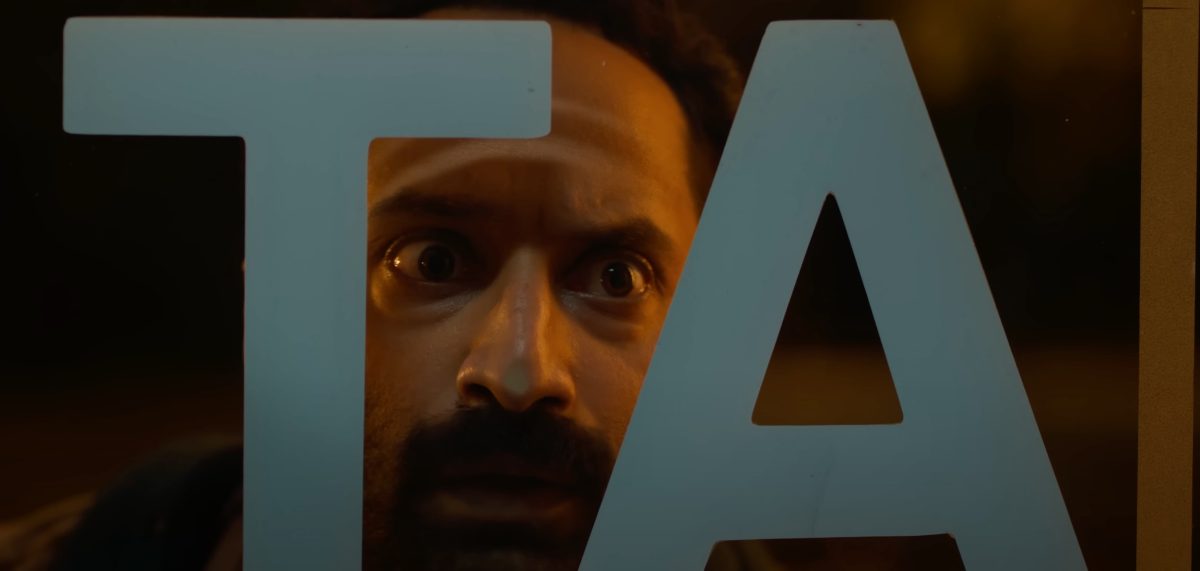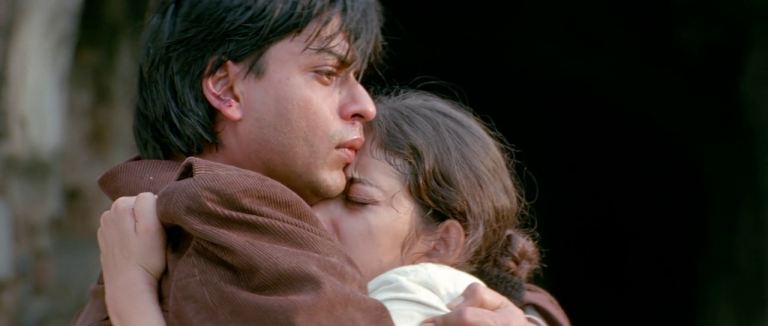You can’t take your eyes off Fahadh Fassil when you see him up on the screen; much like he can’t when he sees a meaty role in sight. Thondimuthalum Dhriksakshiyum was the first time I laid eyes on him and instantly fell in love. He played a convincing, conniving yet overtly endearing thief who wouldn’t hold himself to a set parameter in your head. In “Maareesen”, he plays a low-lying thief again, only this time he does not have Dileesh Pothan to layer his act in so much context that you are bound to be captivated by him.
Here, he plays Dhayalan a.k.a Dhaya, a recently released from jail petty thief who instantly goes back to his roots. It’s as if stealing is a form of second life for him, and the spiritual connection to it somehow leads him to a bike, and eventually, a house that he feels is calling out to be robbed. However, the house leads him to Velayudham (played by veteran actor Vadivelu), a slightly older gentleman who is chained to a random wall in the house and claims that his son often does that to him because he has Alzheimer’s and can get easily lost if left alone.
Now, this is an interesting conjecture in the film. Velayudham promises Dhaya that if he is near the ATM, he will remember his PIN and give Dhaya the money he is seeking, provided he releases him from the chains. With nothing to lose except leading this old man to a path that might never lead him home, Dhaya releases him, and Velayudham gives him the money. But Dhaya’s greedy mind, which now knows that the old man is loaded and often confuses him for his son, tries to stick around with him for as long as it takes for him to get the PIN from Velayudham.
The plot, which is essentially one long journey on Dhaya’s stolen bike, takes this unlikely duo on criss-crossing paths of confusion and self-realization. Since memory is not Velayudham’s greatest asset, the usually impatient Dhaya decides that he will take him wherever he wants to go, of course, to get money out of him initially, but later because something in him shifts. Or at least the filmmakers want to believe that it does.

“Maareesen” keeps toying with the idea of morality, with a morally grey character and another character so rigged in mystery that his recurring memory lapses and relapses reveal something or the other that we thought of him to be true or false. Sudheesh Sankar uses Fafa’s character as a lens to unveil the plot’s more twisted turns.
The audience is thus in Dhaya’s point of view for most of the film. Up until the interval block, Sankar somehow manages to keep you hooked in the black comedic turns that this journey to Thirumalai offers, but two great actors can only do so much heavy lifting. These characters are not layered enough for the narrative’s eventual reveal to fall into place. It also doesn’t help that the plot quickly dissolves into so many different problematic territories that it’s hard to keep up with which one eventually breaks the film apart.
“Maareesen,” without spoiling it much, manages to single-handedly appropriate the trauma and abuse inflicted on women and use a disease to merely pivot the narrative to vigilante justice. It becomes even more problematic when you realize that Shankar was allegedly called out for misconduct on his set not long ago by a woman. A plot twist that uses abuse as a means of progression, without grounding it in an intelligently written or layered reveal — similar to what “Maharaja” did in 2024 — feels rudimentary and unearned.
It also doesn’t help that much of the film goes around in circles, chewing into the plot’s already bloated runtime. Both Fahad Fassil and Vadivelu slowly exhaust the possibilities of how they can make us care for these characters because the film’s writing doesn’t allow them that bandwidth. What’s left is a thriller that does not work, despite showing initial promise.





![Yeh Ballet [2020] Netflix Review – A typical underdog tale laden with umteenth cliches](https://79468c92.delivery.rocketcdn.me/wp-content/uploads/2020/02/Yeh-Ballet-Netflix-768x427.jpg)

![Stream on MUBI – A Short Film About Killing [1988]](https://79468c92.delivery.rocketcdn.me/wp-content/uploads/2021/02/A-Short-Film-About-Killing.jpg)
